Trismus or Restricted mouth opening
Trismus also known as lockjaw, it is a painful restriction of mouth resulting inability to open the mouth or mandible jaw. Trismus or Restricted mouths opening is a condition, can interfere with many daily activities like chewing, swallowing, talking, maintaining proper oral hygiene, even breathing. It can be a temporary or permanent, temporary occurs much more frequently than permanent. Trismus can be accompanied
Common causes of Trismus or Restricted mouth opening:
- Impacted 3rd molar– Pericoronitis (Fig. 2), it is inflammation of soft tissue/gum around fully or partially impacted of the third molar.
- Oral Submucous fibrosis- It is a precancerous condition.
- Inflammation, injury of muscles of mastication- it can be because of surgical wisdom tooth extraction, it is a temporary condition.
- Peritonsillar abscess, a complication of tonsillitis which usually presents with a sore throat, dysphagia, fever, and change in voice
- Any severe Oral or Ear infection, abscess & cellulitis
- Trauma, fracture of the mandibular jaw or zygomatic arch
- Temporomandibular joint dysfunction
Other causes:
- Radiation therapy to the face and neck
- Myositis (muscle inflammation)
- Tetanus
- Tumors or cancer
- Nerve damage
- Acute osteomyelitis
- Ankylosis of the TMJ
- Mumps
- Seizure
- Congenital and developmental causes etc.
Precancerous condition – Oral Submucous fibrosis:
Oral Submucous fibrosis is a precancerous condition or premalignant condition, is a condition or lesion involving abnormal cells which are associated with an increased risk of developing into cancer. It is a morphologically altered cell which is more likely to transform into cancer than a normal cell. So if restricted mouth opening is noticed immediately visit Dentist otherwise it can easily transform cancer. The risk factor of Oral Submucous fibrosis is tobacco & betel nut.
What are the other Sign & Symptoms can be seen with Trismus?
- Jaw pain
- Headache, facial pain & ear pain
- A “spasm” or “tight” sensation when attempting to open the mouth.
- The difficulty with proper chewing
- Muscle spasm etc.
- Changed in the colour of oral mucosa/ tissue.
- Burning sensation on oral tissue can also commonly seen.
- The tightness of cheek on affected can be noticed.
Evaluation of the normal range of mouth opening:
Normal interincisal mouth-opening ranges from 35 to 45 mm. Males usually have slightly greater mouth opening than females. Mouth opening generally evaluated by using his/her three finger index (index, middle and ring fingers- Fig. 4), the normal mouth opening is three finger mouth opening. The normal lateral movement is 8-12 mm, and normal protrusive movement is approximately 10 mm. Some have distinguished mild trismus as 20–30 mm, moderate as 10–20 mm and severe as less than 10 mm.
Diagnostic approach:
- When you will visit a doctor & your doctor will evaluate by:
- A doctor will review a patient’s lifestyle, medical history and discuss any previous surgery, fractures, or other trauma of your head, neck, or jaw.
- Your Dentist may examine the oral health condition, oral mucosa, muscle & TMJ to find out how well it can open, and whether there are any abnormalities in jaw motion
- Conduct a physical examination of your jaw and neck.
- X-ray & CT scan taken from the TMJ to see if there is any damage to the TMJ and surrounding structures
Treatment of Trismus or Restricted mouth opening:
- Underlying cause should be treated, treatment option can be dental treatments & physical therapy. If you are facing this problem immediately visit the Dentist & follow his/her advice.
- If you have OSMF or Precancerous condition then you shouldn’t take Tobacco, Betal nuts & Alcohol. You should avoid hot & spicy food- proper treatment is needed.
- Additionally, control of symptoms with the proper painkiller, muscle relaxants, and warm compresses may be used.
Written by: Dr Anuran Ghosh Mondal
Mob: +91 9432580313
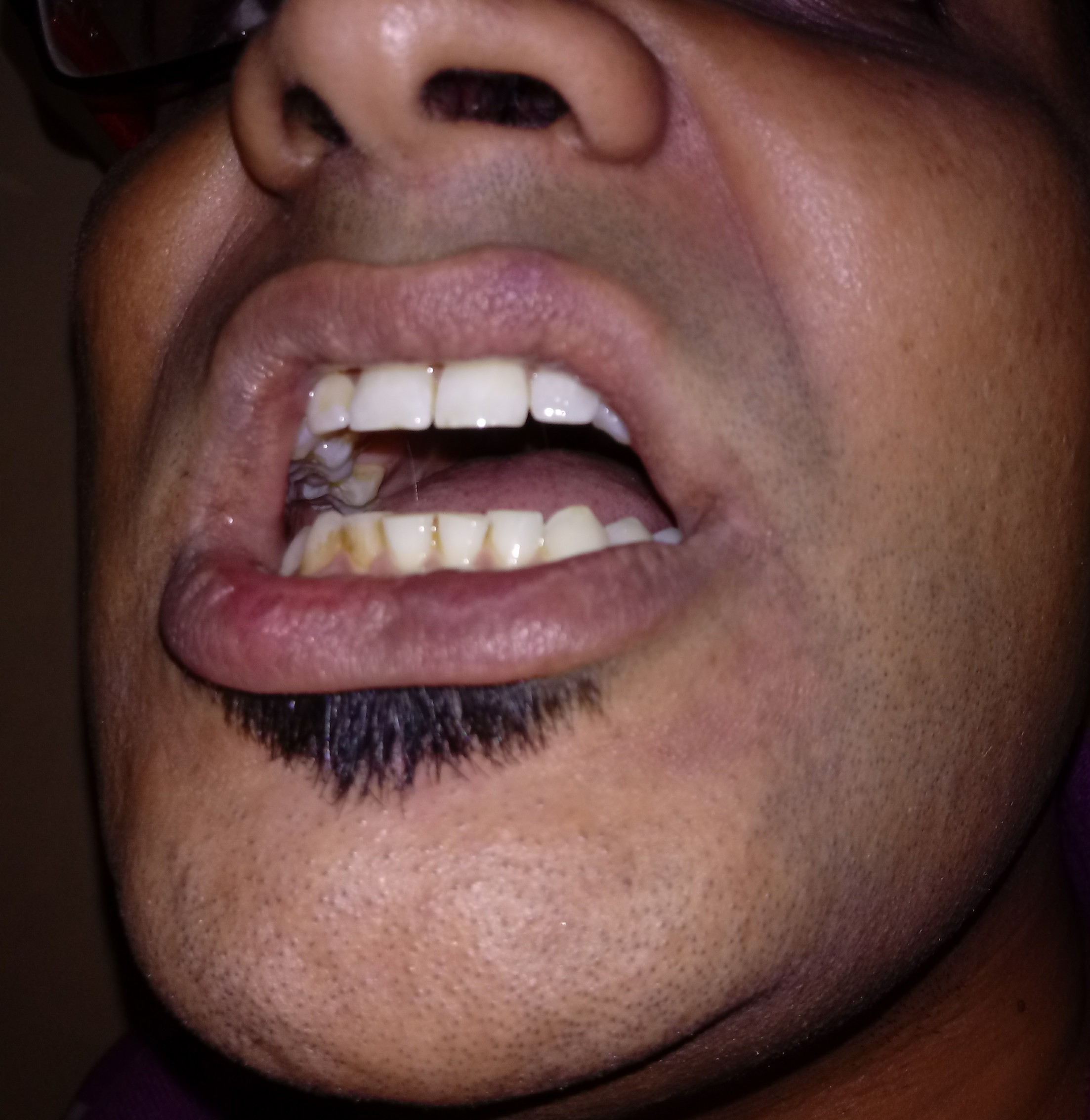
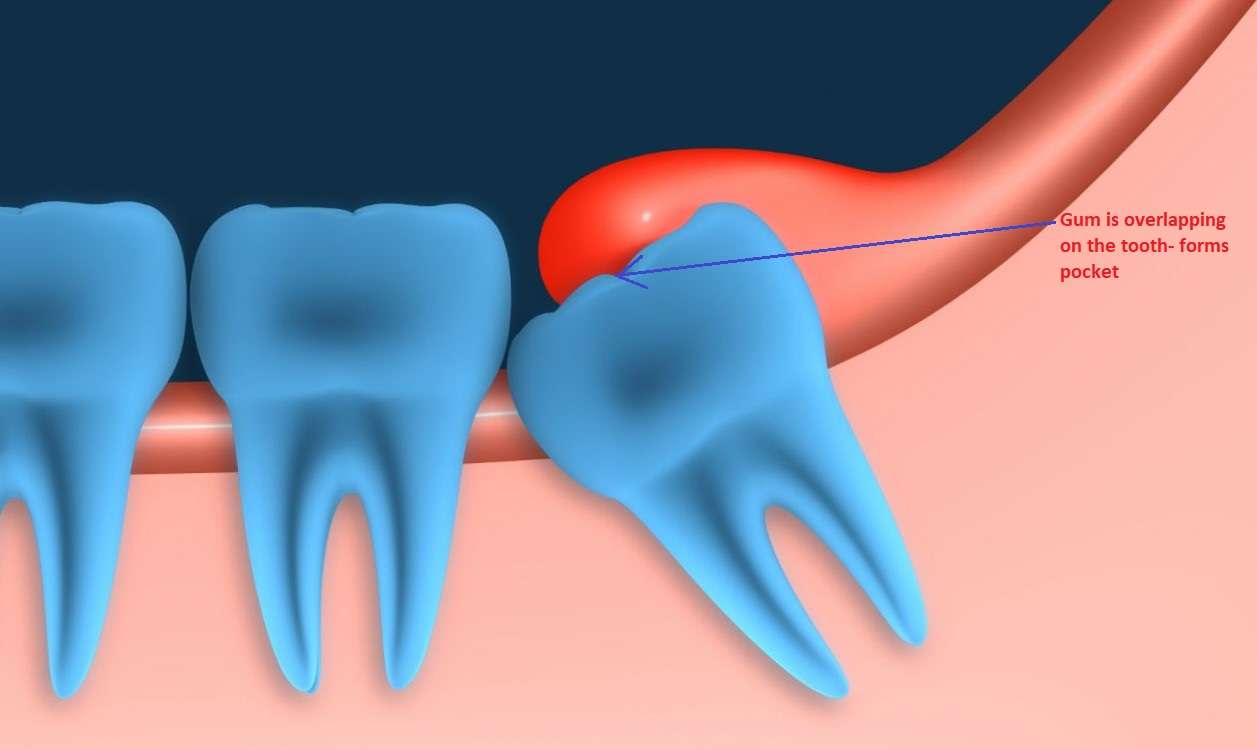

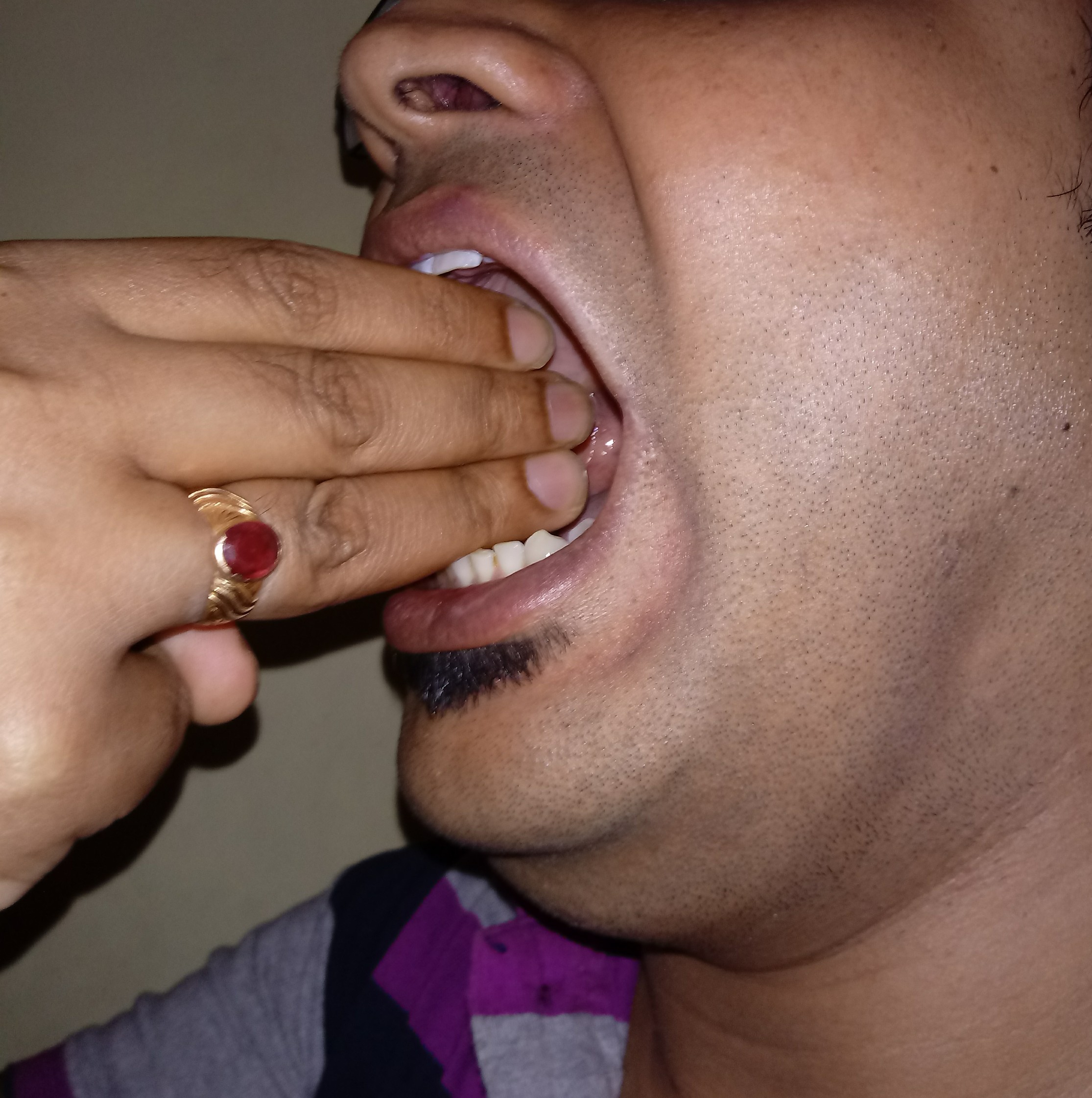
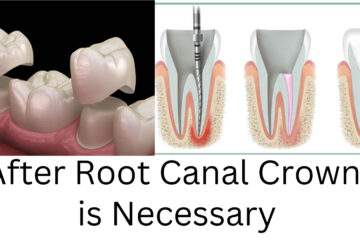
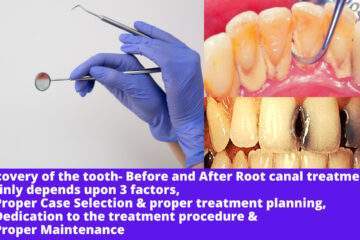
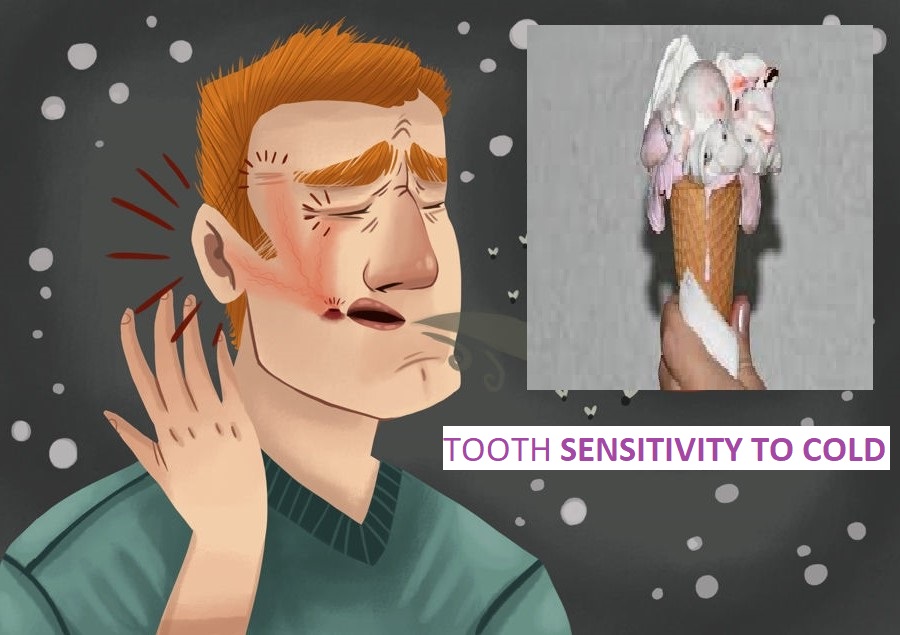
0 Comments